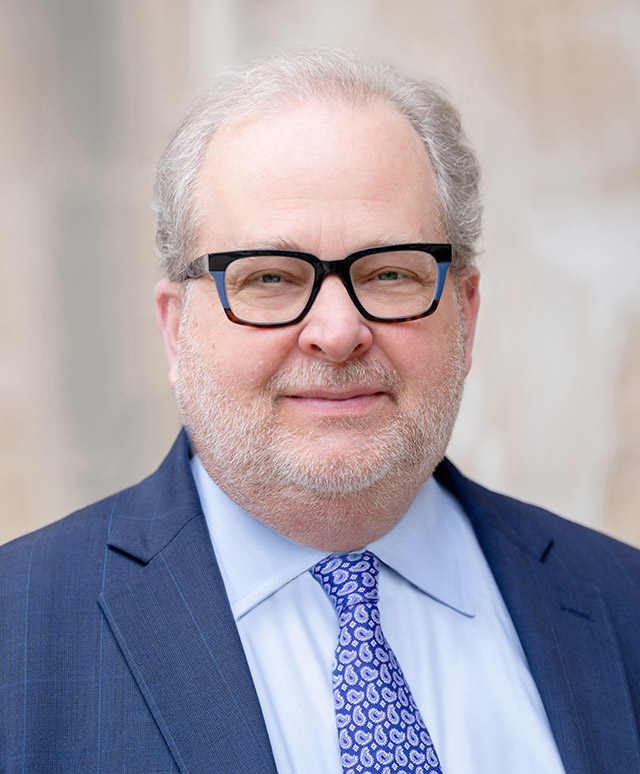This issue of Resolve celebrates some of the many accomplishments of Lehigh’s three Interdisciplinary Research Institutes (IRIs). These “incubators of innovation” encourage our faculty to explore new research vistas through cross-disciplinary collaboration, while positioning Lehigh toward greater societal impact.
Since their inception in 2018, the Institutes for Functional Materials and Devices (I-FMD); Data, Intelligent Systems, and Computation (I-DISC); and Cyber Physical Infrastructure and Energy (I-CPIE) have grown to include more than 50 research teams, 150-plus faculty members from all five colleges, numerous graduate students, and diverse external partners in industry, government, and academia.
Our cover article explains how initiatives rooted in the IRIs have become central to the launch of Lehigh’s recently announced University Research Centers (URCs). The goal of these centers, a key initiative emerging from Lehigh’s institutional strategy, Inspiring the Future Makers, is to aim for Lehigh to be “first, best, or only” by supporting faculty, students, and partners to drive innovation, secure funding, and produce impactful research in specific areas of existing strength and future promise.
The first wave of the URCs was announced earlier this year. The teams mobilized by this new designation are tackling interdisciplinary challenges within topics such as community and infrastructure resilience, equitable and reliable electrification, and the intersection of technological development and public health. These teams were seeded within the IRIs, and grew in strength and focus to become initiatives worthy of institutional-level support.
These URC initiatives, along with other projects featured in this issue of Resolve, are a testimony to the power of the collaborative interdisciplinary culture that the Lehigh faculty has built and nurtured.
For example, ”Reaction Time” delves into an array of multifaceted efforts to bring sustainability to the chemical industry. Rossin College researchers are tackling challenges—from supercharging catalytic converters to optimizing agricultural fertilizer to fine-tuning the manufacturing of building materials—that could play a key role in the U.S. government’s net-zero strategy.
And in “Good Nanomedicine", we explore the work of bioengineering professor and department chair Anand Ramamurthi. His team is combating aortic aneurysms by developing nonsurgical regenerative therapies that have the potential to slow, reverse, or perhaps even stop aneurysm growth soon after detection.
Incubating innovation in the educational experiences of our students, while retaining the rigor of a classic Lehigh education, has been another main area of focus for our college over the past few years. “Catching FYRE” introduces our initiative to re-envision the way that first-year engineers encounter and explore our field.
The First-Year Rossin Experience, or FYRE, will incorporate the principles of Lehigh User-Designed Inquiry (LUDI) into the academic journey of our incoming class each fall. This initiative, developed with support and guidance from William Guadelli, the university’s senior vice provost for educational innovation and assessment, will enable our students to create personalized academic programs and will encourage them to pursue unique interdisciplinary learning experiences based on their individual passions.
In our Q&A, we catch up with Lehigh alumnus Stephen S. Tang ’85G ’88 PhD ’22P, a renowned business leader and entrepreneur with extensive experience in healthcare, biotechnology, and innovation leadership.
To close, we shine the spotlight on this issue’s Rising Star, A. Emrah Bayrak, an assistant professor of mechanical engineering and mechanics. His work in developing best practices for integrating artificial intelligence into complex engineering design projects led to a successful bid for a 2024 NSF CAREER Award, which recognizes outstanding early-career faculty research and education.
I hope you enjoy this edition of Resolve; thank you as always for your interest in Lehigh Engineering!

Stephen P. DeWeerth, Professor and Dean
P.C. Rossin College of Engineering and Applied Science
steve.deweerth@lehigh.edu

